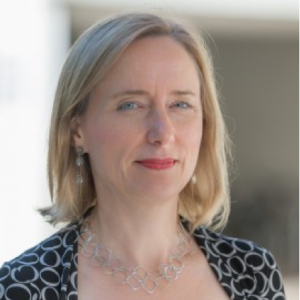Dear colleagues and community partners,
Deep breaths.
Since the COVID-19 pandemic put us all in quarantine, I have been thinking a lot about breath. Deep breaths sustain us, comfort us, and empower our voices. Deep breaths enable us to share our ideas and feelings with others and yet, in the midst of this pandemic, it has been difficult for all of us to breathe. It is all the more remarkable, then, that while COVID patients around the world have been struggling to breathe, some people around the world have been taking deep breaths and inspiring one another by singing from their balconies and via Zoom. Their voices urge us all to overcome our physical isolation and to connect with others in whatever ways we can. Even as we remain physically distant from others, around the world, “everyone with lungs” is connected, as poet Juliana Spahr reminds us. We breathe the same air. We are in this together.
We are living in unusual times. If you are like most people, in your physical isolation, you have turned to the arts and humanities: for distraction, for support, for insight. You have renewed appreciation for the artists who produce the shared culture that sustains us. The value of the arts and the humanities has been made incredibly visible by this crisis!
The value of humanities research is also more visible today. In the past few weeks, people around the world have turned to scholars for guidance on how to respond to COVID-19: how to “flatten the curve”, how to stay healthy, and other practical matters. But they also have more philosophical questions: how to survive social isolation, how to understand this pandemic within a longer history of plagues, how literature and art have represented pandemics in the past, why racism is often unleashed during pandemics, what powers governments have to impose quarantines, and more. The pandemic has laid bare what it means to be human and how systemic inequities make the human experience much more difficult for some than others. Humanities scholars can help make sense of these unusual times.
Now more than ever, people need to hear from Humanities scholars! Inhale and listen to the scholarly conversation around you. Exhale and share your ideas. Use this time of physical distancing to take a deep breath and to do some public scholarship. Perhaps we can help you produce a podcast inspired by our hot-off-the-press toolkit about producing academic podcasts? Or make a #HumaniReads video? Although the Hub has cancelled its remaining live programming for the academic year, we continue to encourage and promote Humanities scholars’ public scholarship. Let the Hub know how we can help!

Mary Chapman, Academic Director